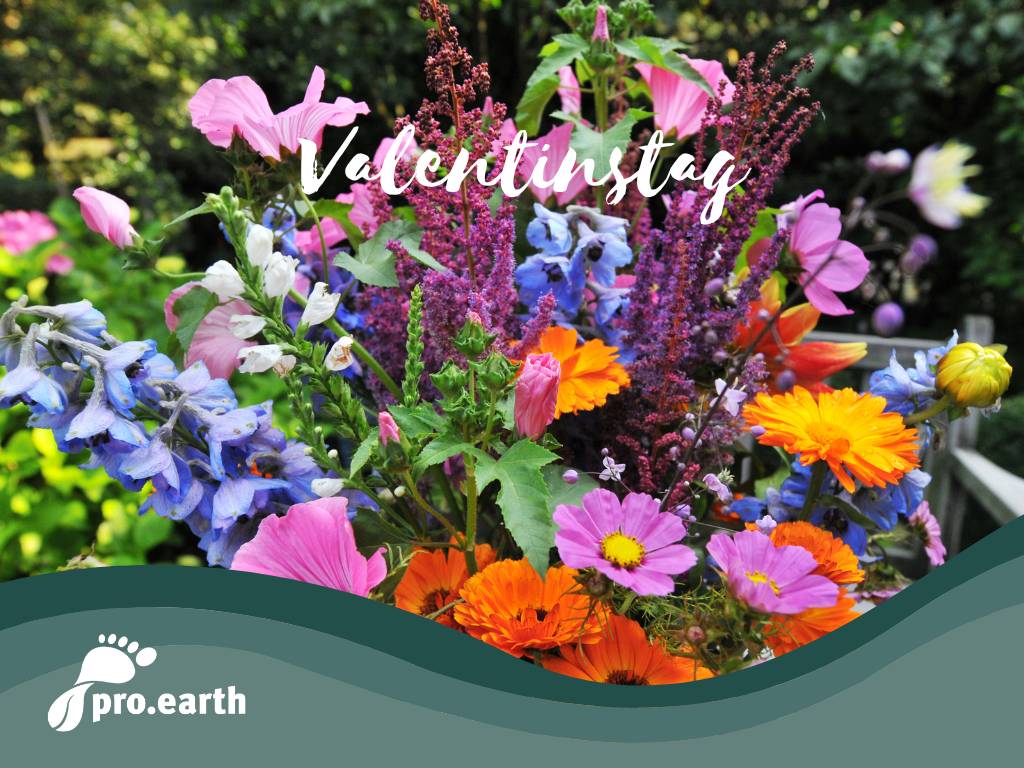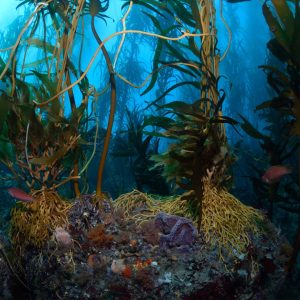Questionable declarations of love

Tomorrow is the day again. Tomorrow we are supposed to collectively present our loved ones with a token of our love. As the author of this post, I can only say that I don't do it. And have never done it. I don't believe in expressing my feelings on a fixed day through gifts or similar. I do this when my heart tells me to. And that's never on February 14.
For all those who celebrate this day with flowers and other things, the situation is of course different. However, we often don't even know what exactly we are giving as a gift. This is particularly the case with cut flowers such as roses, which are very popular tomorrow. Ökotest Deutschland tested various roses for pesticides and found 54 different types of pesticides (!) in the roses, some of which are banned in the EU. Bouquets costing between 39.90 and 1.99 euros were tested. Of these, more than 3/4 were "inadequate" or "unsatisfactory".
The roses from Aldi Süd for 2.99 euros with Fairtrade certification scored best (with "good"). In a Fleurop bouquet for 39.90 euros, 21 different pesticides were found. You can find all the details here.
However, this is just one aspect of many. In addition, the monoculture cultivation of these roses must also be taken into account, which means an enormous use of water and pesticides. Then there is the danger to the people who work there and the long transportation route from Africa and South America, usually by cargo plane, to us. Seen in this light, these flowers are always a questionable choice.
Conventional bouquets are often real chemical cocktails and a danger to the environment and people. We are therefore giving away a toxic mix that is hazardous to health along with the pretty flowers.
Who knows how many toxins have ended up in my compost heap with the flowers I gave and added pesticides to my compost.
But are there alternatives?
During my research on this topic, I came across the Slowflower movement, whose members live a mindful lifestyle similar to that of the Floodfood movement and produce and offer cut flowers sustainably, seasonally and regionally.
"Conventional flowers are often sprayed with huge amounts of pesticides. And so far there are no strict guidelines to prevent this," says Imke Glaser, one of the founders of the German Slowflower movement, in an interview with watson:
"We want the flowers to grow without pesticides. No mineral fertilizers are used and, above all, the flowers should grow to the rhythm of the seasons. This means that the flowers are delivered to customers when they are in bloom."
You can find all members in Germany, Austria and Switzerland on their website.
In addition, cut flowers (such as tulips) from the region are increasingly being offered in this country. A good alternative to imported goods!
Our pro.earth. Conclusion:
If you want to give flowers, give flowers from the local area, even if they tend to be tulips and other spring bloomers. This is also a better way to welcome the approaching spring and is more in keeping with our tradition. Furthermore, there is a lack of necessary ecological and social standards and proof of origin for imported goods. It is therefore practically impossible for us consumers to know whether we are buying a toxic cocktail or not. From our point of view, imported cut flowers from Africa and South America that have been transported to us by plane should be rejected. But what we don't know is how many local people can make a living from growing flowers and are dependent on this work.
One thing is clear to me. I will continue to skip Valentine's Day.
Left:






